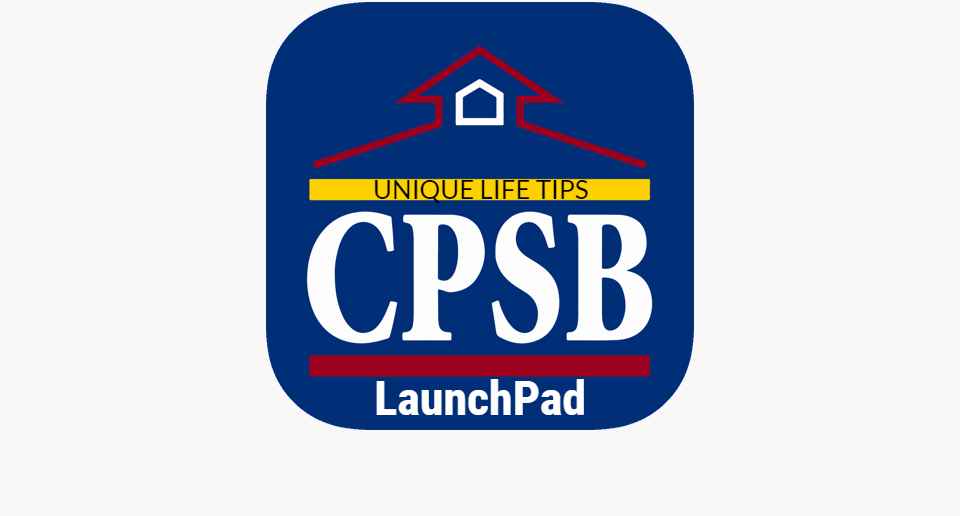Last updated on December 2nd, 2023 at 12:50 am
Therapy practices are vital in delivering essential care and support to patients, but running a mental health practice presents its own challenges. Therapists encounter various obstacles, from managing administrative tasks to ensuring effective patient care, which can impact their efficiency and productivity.
However, a study conducted by the Medical Group Management Association (MGMA) found that over 60% of doctors reported improved productivity and increased profits after implementing electronic health record (EHR) systems, including therapy management software.
This highlights the potential benefits that technology can bring to therapy practices, enabling them to overcome challenges and enhance their operations. In this article, we’ll explore the difficulties commonly faced by therapy practices and discuss how therapy management software can provide innovative solutions to overcome these challenges.
Table of Contents
Administrative Burden
The administrative burden poses a significant challenge for therapy practices. Research indicates that therapists and healthcare providers spend over 8 hours per week on administrative tasks, diverting their attention from patient care.
Therapy management software emerges as a comprehensive solution to this challenge. By automating administrative tasks such as scheduling, appointment management, patient record-keeping, and billing, the software streamlines these processes and reduces paperwork.
This empowers therapists to focus more on delivering quality care to their patients, as the software takes care of the time-consuming administrative responsibilities.
Patient Engagement and Communication
Owl Practice notes that maintaining effective communication with patients is crucial for successful therapy outcomes. However, keeping track of appointments, sharing treatment plans, and ensuring regular engagement can be challenging, especially when relying on manual methods.
A therapy practice management solution facilitates improved patient engagement and communication. It enables therapists to send automated appointment reminders, share treatment plans electronically, and provide secure messaging platforms for ongoing communication. These features enhance patient satisfaction, promote adherence to treatment plans, and foster a stronger therapeutic relationship.
Billing and Insurance Management
Billing processes and insurance claims management can pose significant complexities and consume valuable time within therapy practices. The financial stability of these practices can be adversely affected by errors in billing and delayed reimbursements. NCG Medical highlights that around 25% of claims encounter denials or delays, primarily resulting from errors or incomplete documentation.
Therapy management software offers a solution by simplifying billing and insurance management. By automating billing processes, generating accurate invoices, and efficiently tracking payments, the software streamlines financial operations. Moreover, it assists in managing insurance claims, reducing the occurrence of errors, and ensuring prompt reimbursement.
Documentation and Compliance
Maintaining accurate and up-to-date patient records is vital for therapy practices to meet legal and regulatory obligations. However, manual record-keeping can be prone to errors and time-consuming when searching for specific information.
To address this challenge, therapy management software plays a crucial role. By offering secure and well-organized digital documentation, the software enables therapists to create, store, and access patient records in a structured and efficient manner.
It also provides templates and reminders for documentation requirements, ensuring therapy practices remain compliant with regulatory standards.
In addition to documentation, therapy management software plays a significant role in preventing medication errors. These errors can range from incorrect dosages to prescribing the wrong drugs.
The software acts as a safeguard by providing alerts for food/drug and drug interactions, helping therapists make informed decisions and avoid potentially harmful combinations.
The database functionality of therapy management software is particularly valuable. Physicians and care team members can quickly access comprehensive drug information, including side effects and contraindications. The software often incorporates approved health plans, which outline standard dosages, administration guidelines, and contraindications for specific drugs.
This wealth of information empowers healthcare professionals to make informed decisions, reducing the risk of medication errors and ensuring patient well-being.
Performance Monitoring and Analytics
Measuring and tracking key performance indicators (KPIs) is essential for therapy practices to assess their effectiveness, identify areas for improvement, and make data-driven decisions. However, manual tracking and analysis can be challenging and time-intensive.
Therapy management software provides robust reporting and analytics capabilities. It generates comprehensive reports on various KPIs, patient outcomes, and financial metrics. These insights empower therapists and administrators to monitor performance, identify trends, and optimize therapy practices for better patient care and practice growth.
You may like to read
Building a Drug-Free Workforce: Understanding Pros & Cons for Drug Testing for Employment
5 Testosterone Replacement Therapy Benefits You Need to Know
Teeth Whitening Options: From Home Kits to Professional Services
Conclusion
Therapy practices encounter numerous challenges that can impede their efficiency and hinder patient care. Fortunately, therapy management software offers a robust solution to overcome these obstacles.
By streamlining operations and optimizing practice management, this innovative technology enhances the overall effectiveness of therapy practices. By embracing therapy management software, therapists can redirect their focus toward what truly matters- delivering high-quality care and making a positive impact on their patients’ lives.
With the potential to revolutionize therapy practices, this software paves the way for improved patient outcomes and a more successful and fulfilling practice.







